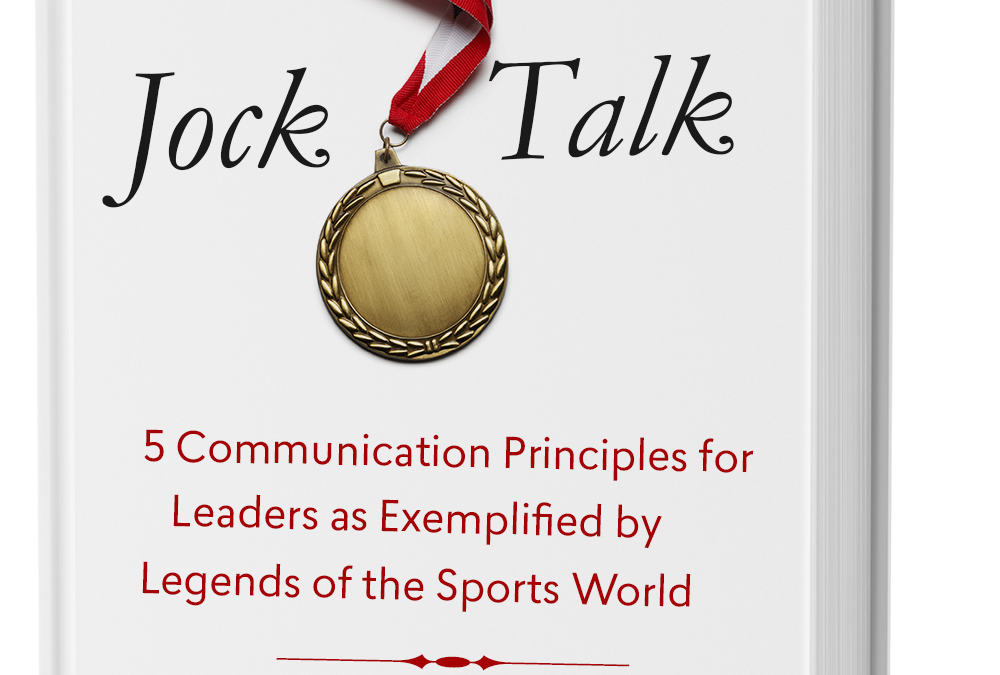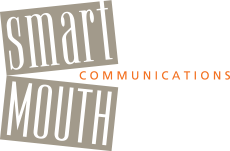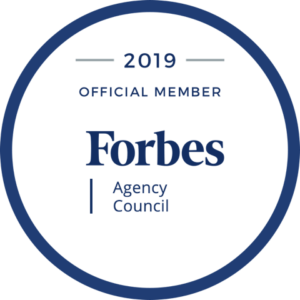by Beth Levine | Jan 30, 2017 | public speaking
Dear Coach Belichick,
I’m a Massachusetts native, so my team loyalties sway pretty heavily toward the
Celtics,
Red Sox and
Patriots (I’m not much of a hockey fan, but I guess
Bruins too). I’ve been observing you for some time as you give media interviews – post-game and others – and I am, like many, mostly amused yet sometimes frustrated.

Yeah, it’s kind of fun and funny to watch how you grunt out one-word answers as you oblige the press in your charmingly begrudging way. And yeah, the hoodie and messy hair are also part of your charm. And yeah, your annoyance with reporters’ stupid questions is our annoyance too. And for sure, you are an amazing coach, you’ll go down as one of the greats. No question there.
But.
Before Sunday, can we talk about what it would/could look like, sound like, and be like if you gave them (the sports media) and us (your fans and followers) a little bit more? Could I be so bold as to offer you some coaching?
Here are just a couple of suggestions for you that would enhance the overall post-game interview experience and outcome for everyone:
- Never mind the media, they’re just a conduit to your bigger audience. Show up in a way that tells us you want to connect with us. We love your #brevity, but with all due respect to dentists, don’t show up looking like you’re about to have all your teeth pulled. We feel a little jilted when you do that.
- Think about your audience, your ultimate audience – us, your fans and followers. We’re hungry, thirsty, sometimes crazed. Satisfy us, give us something to hold onto, something we can cling to, learn from, and/or repeat to others. #audience-centricity goes a long way toward keeping your fan base engaged and pulling for you.
- Win or lose, the emotions are intense. We get that. We have empathy, we’d hug you if we could. Share your emotions with us, let us in, give us a sense of what it’s like to walk around in your hoodie, cleats and headset. Please recognize we’re emotional too, but you’re our leader, and we will take our cues from you. Let us in a little more, give us more #transparency?
- We know you have haters, we get it. And we know the media can distort what you say and how you say it. But you’re one of the greats, surely you can rise above and give us all the #graciousness you have. Your loyalists want to be behind a winner, no matter what the outcome of the game is.
- You have a Super Bowl to win, so your #preparedness needs to be about strategy for game day and not necessarily about how you present yourself in front of the press. I’ll give you that. But I know you’re a pro, so when the game is over see what you can do to hit some or all of the above four points.
Hey, thanks for your time and good luck on Sunday!
Your coach,
Beth #jocktalkbook
by Beth Levine | Sep 21, 2016 | preparing for a presentation, public speaking

More often than not, what makes people freeze before a big presentation is the nagging question, “Am I even doing this right?” and its companion, the fear of embarrassment.
I’m always taken aback when smart, successful, otherwise confident people reveal that they’re afraid to make a fool of themselves. I would never have guessed in most cases.
Trust me when I say that no one is “a natural” at speaking and presenting; even the best of the best think about it, worry, and work at it. Regardless of your style or your comfort level with public speaking, it’s wise to consider some core guiding principles for yourself as a speaker.
Below are five foolproof principles of being an effective speaker or presenter that will give you the confidence to know you’re “doing it right,” and will leave your audience quite impressed.
The five principles are:
- Audience-centricity
- Transparency
- Graciousness
- Brevity
- Preparedness
Taken together, they send two really important messages about you to your audience:
- That you care about and respect them.
- That you’re real and therefore credible and trustworthy.
Audience-centricityIt may be a new term to you, yet it’s probably the most fundamental of the five principles. Simply put, audience-centricity is making the audience’s interests and experience a top priority in the planning and execution of a talk.
Too many speakers prepare and deliver what is important and interesting to themselves without enough careful considerations of their listeners. Being audience-centric is a mindset shift that encourages the speaker to prepare and deliver content in a way that will matter to and resonate with the audience.
Transparency
It is exactly what you think it is; it’s about being open and direct — yes, and honest, too. Transparency is critical. It contributes to the levels of sincerity and trust that are accorded to you by your audience.
Graciousness
It is the art, skill, and willingness to be kind-hearted, fair and polite. As motivators and influencers, love and peace work far better than anger and war. Speaking in positives rather than negatives leaves lasting, favorable impressions.
Brevity
Brevity is a crowd-pleaser and needs no further introduction.
Preparedness
Preparedness speaks for itself as well. The unprepared speaker is the one who is most likely to be long-winded, not to mention unfocused. While the mere thought of preparation might bring feelings of dread, the feeling of approaching the front of the room ill-prepared is far worse – and it shows.
Success is in the eye of the beholder – your audience. Show care and respect, be real, and your audience is much more likely to listen, like you, and be impressed.
[Excerpted in part from Jock Talk: 5 Communication Principles for Leaders as Exemplified by Legends of the Sports World, www.jocktalkbook.com]
by Beth Levine | Apr 27, 2015 | preparing for a presentation
I have no advice to offer this week. I only have a question. What should we do about the issue of technology and presentations?
Let me tell you why I’m asking: Last week, I attended an event that featured 4 speakers, each of whom spoke for 8 minutes (ahem, there’s a brevity trend in our midst, I love it! #brevity #jocktalkbook). Each of the fours speakers was amazing. Their content was fresh, meaningful and tight, and everyone’s delivery was impeccable – they were poised, energetic, animated and kept their eyes on the audience at all times. Not a single flaw among the four.
But guess what? The technology failed and caused bumpy starts – followed by some fits and starts – for two of the four speakers.
I probably should mention before I go any further that the meeting was hosted and attended by technology professionals. Probably 100 of them, maybe more. Ergo, “user error” – or being unfamiliar with the equipment or software, as might happen with someone like me – can be scratched off the list of culprits.
So, here we are.
Technology fails. It does. And there are consequences. It wastes time. It dilutes the impact of a speaker’s opening. It forces an otherwise superstar speaker into an unexpected awkward moment. And perhaps worst of all, it causes the audience to roll their eyeballs (at least figuratively if not literally) and divert their attention to a side conversation or to their devices while they wait.
Ay caramba!, as Bart Simpson would say.
What should we do about this? It’s not even just a possibility that technology might fail, it’s more of a likelihood. We know this, don’t we? Yet we still bring our best stuff to a presentation on a flash drive or a laptop. The only thing I can think of is that we must be using some finely honed skills of denial, then holding our breath during set-up, and ultimately hoping for the best. I’m an optimist too, and that last sentence describes me too, but only sometimes. I have my own little over-compensation back-up plan. But not everyone does …
So what should we do about this? Visuals are awesome, but technology can be problematic – for speakers and their audiences. Thoughts? Ideas? Alternatives?
Weigh in, technology lovers!

by Beth Levine | Mar 5, 2015
In The News Forbes.com Communications 3.0: Nuance Is The Key Ingredient- October 2023 5 Things To Think About Before Working With A Coach – March 2023 3 Ways To Supercharge How Impressive You Are On Stage – October 2022 What Media Trainers Can Learn From...
by Beth Levine | Feb 18, 2015 | smartmouth talks!
Let’s face it, when you hear those three words – in relation to a meeting, speech or presentation – it’s like music to your ears, right?
Now ask yourself this: When was the last time you complained because a speaker or a meeting finished early? Probably never? Let’s go with never.
Regardless of how brilliant or compelling a speaker’s material is, audiences get downright annoyed when speakers are long-winded or go over their allotted time. In these cases, even if the content is stellar, the takeaway is a less-than-stellar impression. When people use the words “brief and to the point” to describe a speaker or presenter’s performance, it is usually high praise.
In fact, in my coaching practice, executives often come to me for help in “becoming more concise” or “making a point succinctly.” Those are common goals for coaching engagements, and it’s because the inability to be more concise or to make a point succinctly can be a career blocker. The opposite is also true; brevity can enhance a career.
Think about being that person, the one who finishes early. You know you appreciate it, so your audience surely will as well!
[Excerpted from Jock Talk: 5 Communication Principles for Leaders as Exemplified by Legends of the Sports World, http://amzn.to/1vkcxjz]


 More often than not, what makes people freeze before a big presentation is the nagging question, “Am I even doing this right?” and its companion, the fear of embarrassment.
More often than not, what makes people freeze before a big presentation is the nagging question, “Am I even doing this right?” and its companion, the fear of embarrassment.


